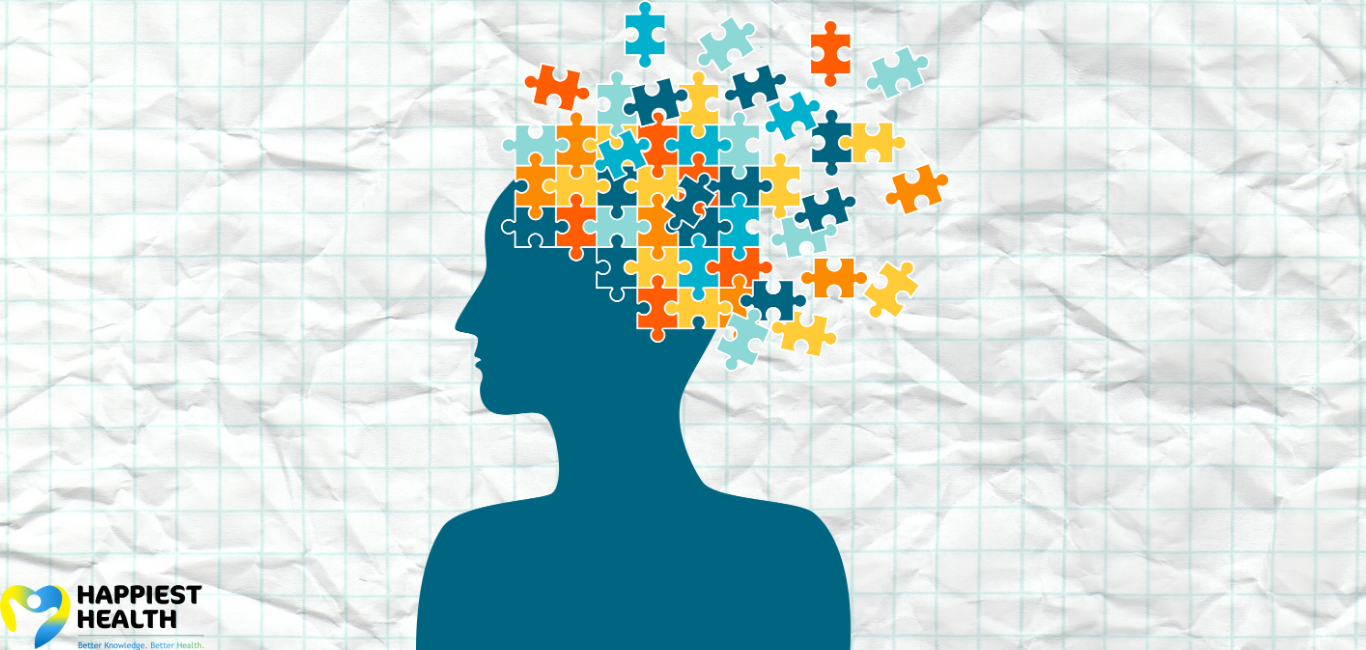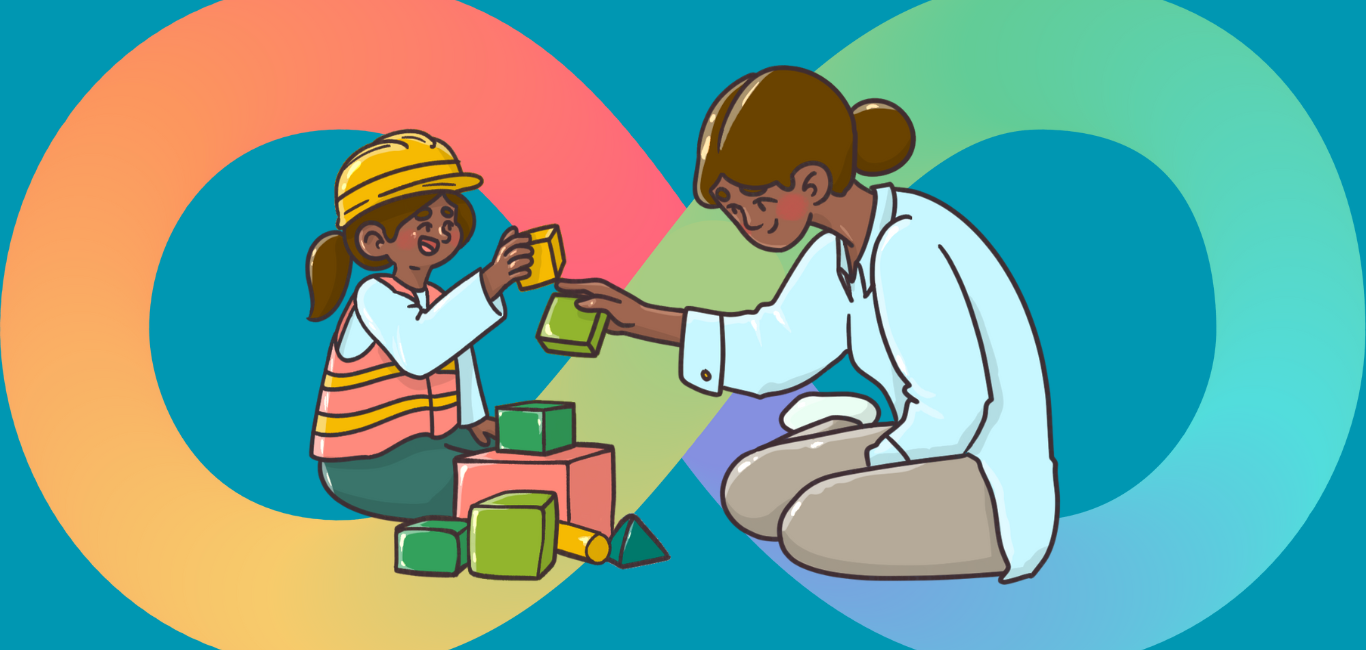
“At her core, she would always be autistic. People called it a disorder, but it didn’t feel like one. To her, it was simply the way she was,” Helen Hoang, The Kiss Quotient.
When Helen Hoang was researching autism for her book, The Kiss Quotient, she discovered a connection between her protagonist Stella’s traits and her own repetitive patterns and sensory sensitivities. This led her to investigate further, and at the age of 34, she received a diagnosis that she has autism.
Much like Hoang, Katie Starkey, a graphic designing student from Melbourne, Australia, also suspected she had autism — she had always felt she never quite fit in. So, she began to document and analyse all her symptoms. She even took up an undergraduate degree in psychology — and completed it with difficulty — to understand why she is the way she is.
A formal diagnosis at 31 clarified everything. “When I got my official diagnosis, I felt relief and excitement. Like, I have finally done it; I finally figured myself out,” she tells Happiest Health.
Autism spectrum disorder (ASD), a neurodevelopmental condition, is characterised by communication deficits, repetitive behaviours, a need for predictability, hyper fixation, and hypo- or hypersensitivity to external sensations.
Delayed diagnosis
Although autism is typically identified in childhood, it can remain undiagnosed until adulthood due to several factors. These include social masking, and mirroring, symptom severity, stigma, limited awareness, and undefined diagnosis criteria for adults.
Read more: Unmasking the autistic self
Dr Naveen Jayaram, a psychiatrist at Mindful TMS Neurocare, Bengaluru, tells Happiest Health that people often mistake individuals with autism for being shy, introverted, or anxious, which can lead to a lack of suspicion or diagnosis.
Autism diagnosis is based on three primary criteria – poor communication, impaired social-emotional milestones and repetitive behaviour. Dr Jayaram explains that since many of these patterns, such as repetitive behaviour, can also be present in personality disorders, obsessive-compulsive disorder (OCD) and intellectual disabilities, autism often goes misdiagnosed or undiagnosed in adults. Moreover, several studies have shown that diagnosing ASD becomes tricky due to overlapping symptoms with conditions such as psychosis and OCD.
Dr Shilpa Hegde, a neurodevelopmental and behavioural paediatrician and founder of Kalarava Centre for Child Development, Mangaluru, explains that in some cases, autism diagnosis is delayed because individuals may excel academically and function at a high level. “But the autistic traits only become more prominent later in life,” she says.
Read more: Support needs for autism
The A of autism
The exact cause of autism is still unknown, but studies suggest that genes could be a factor. “Whenever we diagnose a child with autism, we also look at their history. We often observe that the child’s parents also have autism,” explains Dr Hegde. She notes that the parents may have exhibited similar traits when they were young and continue to display a reluctance to communicate openly or limited social interaction.
Studies have found that birth trauma and delivery complications could be another potential contributing factor to autism. “Delayed breathing of the baby, maternal stress or the mother having a psychological condition during pregnancy could predispose somebody for autism,” adds Dr Jayaram. Other studies have found that alterations in the gut microbiome could affect social connectivity in the brain potentially leading to autism.
Read more: Revitalising gut microbiome with ayurveda can aid autism care
Although there has been extensive research into autism, there is limited understanding of the condition in adults. Starkey hopes for more research on why autism diagnosis is frequently delayed, especially in women. “We are so attuned to people’s micro reactions to us that we just start adjusting our behaviours to make others comfortable from an early age. And that is why we have gone undiagnosed,” she explains.
The B in the brain of autism
Autism shows up as dissonance between regions in the brain. There is impaired connectivity between the hemispheres and within the white matter. Studies suggest that in high-functioning individuals, brain regions responsible for processing and integrating complex information are more active than those involved in social communication.
Dr Jayaram notes that there is a disparity in the coordination between the brain regions, with the motor system sometimes developing the sensory system. This may result in good movement skills but slower development in language and communication regions, which could explain why people with autism have a tough time socialising.
The C in care for autism
Late diagnosis of autism can lead to social and economic exclusion, as well as a lack of timely intervention to manage symptoms.
Studies suggest that adults with autism may also have other health conditions, such as attention deficit hyperactivity disorder, depression, and migraines, which go unnoticed. Therefore, diagnosing autism accurately and on time can help with proper intervention to improve self-reliance and social attitude.
Understanding the deficits and behavioural aspects in individuals with autism is crucial in improving their quality of life, says Dr Jayaram. “Hence, awareness is vital.”
This can help eliminate stigma and create a sense of recognition for those with autism. Starkey says that those who suspect they have autism may feel they are all alone and have been dropped on the wrong planet. She asks such people to research their symptoms properly and get themselves diagnosed.
“We are not alone, and we are learning to care for ourselves properly. So please trust yourself and keep going. Because you are amazing and strong,” is her message to people like her.
Editor’s Note: this article is the fifth in a six-part series commemorating the World Autism Awareness Day (2 April)

















